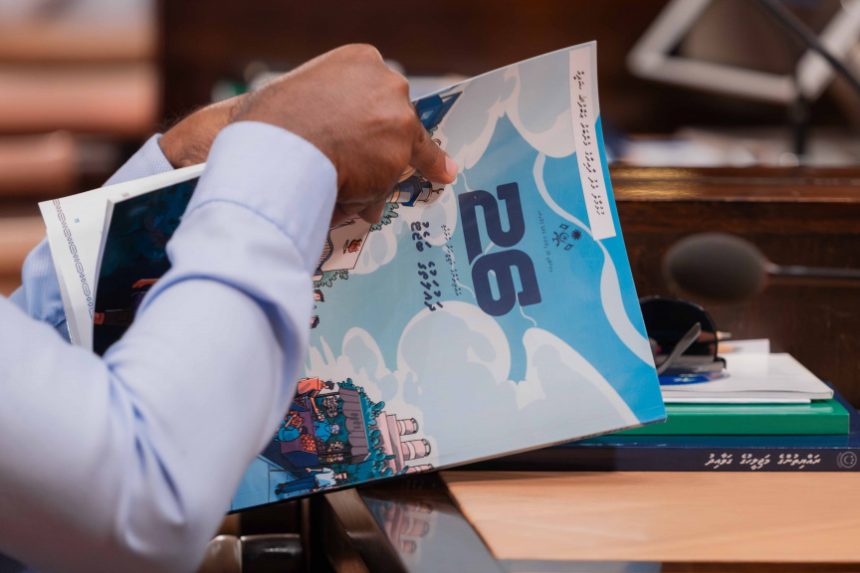Parliament has given its approval to the government’s USD 4.2 billion state budget for 2026, endorsing the spending plan with no adjustments to the proposed consolidated figure. The decision followed a decisive vote during Tuesday’s sitting, where 74 MPs supported the bill and 12 voted against it.
The approved budget outlines projected revenues of USD 2.6 billion against anticipated expenditures of USD 3.2 billion, resulting in a proposed fiscal deficit of USD 583.7 million. The government has indicated it will rely on a mix of financial instruments to manage the shortfall. Recurrent spending remains the largest component at USD 2.6 billion, while capital expenditure is set at USD 603.1 million. Public Sector Investment Programme (PSIP) initiatives are expected to account for USD 518.8 million of that amount.
A significant allocation—USD 603.1 million—has been set aside for the repayment of government securities and bonds, reflecting the administration’s commitment to servicing public debt. Excluding these repayments, the operational budget stands at approximately USD 3.6 billion.
Before the matter reached the full chamber, the Budget Review Committee held detailed consultations with government offices and the Ministry of Finance and Planning. While the committee endorsed the budget without altering its scale, it issued several recommendations. These include an additional USD 226,977 for parliamentary administrative expenses and a call for the government to fast-track the development of new office buildings to ease space shortages and reduce the state’s dependence on rented premises.
The committee also highlighted concerns raised by independent institutions regarding funding for their legally mandated responsibilities. In response, the Ministry assured Parliament that any institution facing financial constraints would be supported through the broader budget framework.
MPs engaged in an extensive debate on the committee’s report before proceeding to the final vote, reflecting the level of scrutiny given to the nation’s financial blueprint. With parliamentary approval now secured, the government can move forward with implementing its economic programme for the coming fiscal year.




